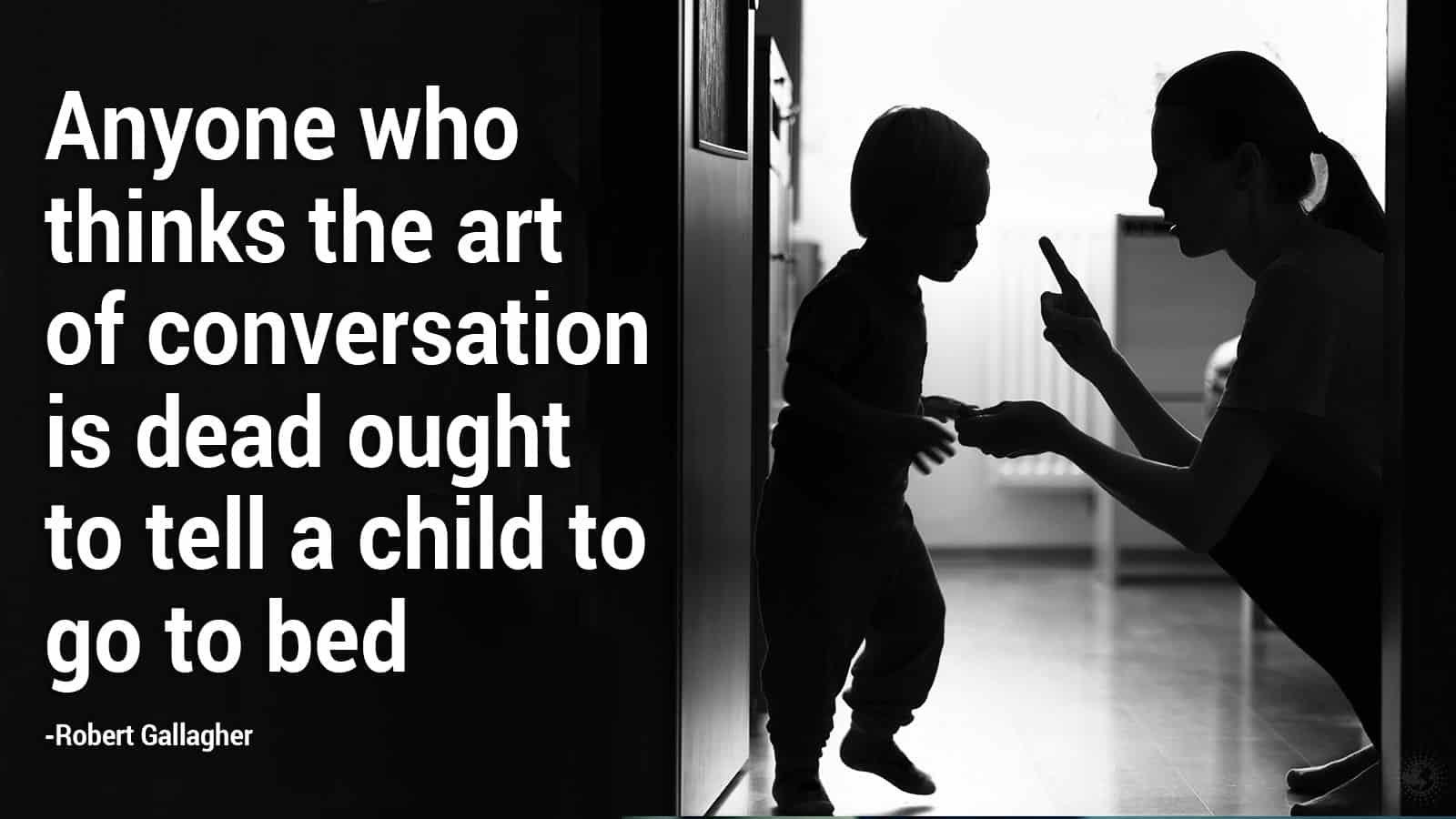So, your little one has reached the incredible age of one. Congratulations! You must feel excited about the beginning of a new chapter. But have you started to notice some anger bottled up in that cute little body? Do you feel like your once sweet and calm baby is now a force to be reckoned with?
If so, your kid has probably entered that stage in their growth where temper tantrums are a fact of life. If you feel overwhelmed, that’s normal. Tantrums can be difficult to deal with. Thankfully, there are ways to prevent tantrums as much as possible or more effectively deal with them when they inevitably happen.
What Are Toddler Tantrums And How Do They Manifest?
If you’ve ever noticed your kid kicking, screaming, crying, holding their breath, or otherwise manifesting in aggressive or harmful ways, then you have encountered the mighty toddler tantrum.
Historically, tantrums were seen as a manipulation tactic used by little ones to get attention. Parents were taught that there’s no logical reason for which a child could be acting out in this way and that the kid should just be isolated during an episode and left to “cry it out of their system. Today we understand that this is not the case. Unfortunately, this archaic belief has been so accepted at a social level that some parents do not understand the actual connotations of tantrums.
Studies On Why Children Misbehave
 According to Meri Wallace, Child and Family therapist, parents need to know that a child crying is a child in need or experiencing some trauma.
According to Meri Wallace, Child and Family therapist, parents need to know that a child crying is a child in need or experiencing some trauma.
The body of research on this topic shows that tantrums are a normal part of child development, usually manifesting in children between 1 and 3 years old (sometimes even older). They tend to be most common in the second year of life when little ones start developing language skills. As they begin to understand more and more of the things happening around them, they become increasingly frustrated that they can’t accurately convey what they feel and want. As language skills improve, tantrums tend to decrease.
Toddlers become fascinated by the world and begin to yearn for independence. When they discover that they can’t do everything on their own and can’t have everything they want, they might throw a tantrum.
Studies suggest that being at the age where social and emotional skills begin to develop, toddlers usually can’t understand, handle, or express “big” emotions. For them, tantrums are just an outlet used when trying to show others how they feel or a way in which they try to understand what’s going on around them. Tantrums can also be triggered by stress, hunger, tiredness, or an inability to cope with specific situations.
Toddler tantrums are just a normal part of the kid’s development. That doesn’t mean that you can’t prevent or learn how to manage them properly. But how exactly do you do that?
How To Prevent Toddler Tantrums?
Just because tantrums are a way in which your little one can express themselves doesn’t mean that you can’t take steps to prevent them from responding to every little stimulus and situation with a tantrum. Your job as a parent is to guide and help your kid in times of need, and that also means making sure that their environment is safe and trigger-free.
1. Reduce Stress
As kids begin to understand the world better, they can start feeling overwhelmed. Independence is something that they will inevitably have to deal with, but while it can seem exciting, they can also become stressed by all the significant changes that come with reaching toddlerhood.
Research shows that a big factor in increasing stress is separation anxiety. Spending less time with their parents and coping with new situations, like preschool or learning to walk and talk, can lead to frustrations and tantrums. While these new situations are inevitable, there are ways in which you can help your kid manage their stress.
Rene Hackney, Ph.D., a developmental psychologist, suggests forming and sticking to a daily schedule to help ease your kid into the new routine without creating high levels of stress. As long as they know what they will do, new activities will be easier to cope with. Routines will also keep them busy, not allowing them to feel that you are not with them every second of the day.
Try to be there for your kid as much as possible and, most importantly, allot time for breaks. Your kid needs time to relax and to take in all the new information in their way.
2. Identify Triggers
Has your child ever thrown their food across the room? What about ripping into their toys for no apparent reason?
As parents, you might be inclined to think that your kid is simply acting out for no reason. All of these manifestations and tantrums are real, and they always have an actual reason behind them.
To pinpoint what the triggers are, you need to observe and investigate the situation. Does your child tend to be fussy when forced to eat a specific meal? Do they become angry when they haven’t had their nap? Whatever the reason might be, as you observe, you can eliminate certain triggers from the kid’s routine. If they seem to hate apples, give them oranges. If they seem angry when given a particular toy, maybe throw that toy away and allow them to play with something else.
To make your life easier, be aware that the most usual triggers are tiredness, hunger, long waits, boredom, disputes over food, fear, being ignored, and changes in routine.
3. Give Them Some Independence
While it might seem like a toddler is just too little to be allowed choices, the truth is most tantrums are triggered by frustration created by a lack of control over their lives.
You don’t need to allow them to do outrageous things alone. No one supports the idea of the kid going to the park alone at two years old. But it would help if you allowed them small choices, like “Would you rather have orange juice or apple juice?”, “Which shirt do you want to wear today?” This can help boost their confidence and alleviate the frustration they feel by not being independent, therefore lowering the need for tantrums.
 3 Effective Ways To Handle Toddler Tantrums
3 Effective Ways To Handle Toddler Tantrums
You are now equipped with the knowledge on how to prevent as many tantrums as possible. But some acting out is inevitable. Maybe you’re just busier than usual on a specific day, and you can’t be as attentive when it comes to the signs. Perhaps you simply cannot spot a certain trigger. And, just like that, your toddler is screaming and crying again. What can you do then?
1. Be Calm And Give Positive Attention
Whenever faced with a tantrum, remember that your job is to calm your kid down. If you’re also screaming, how will you ever be able to manage your kid’s screaming and crying?
The best way to deal with tantrums is to take a deep breath, remember that your kid has legitimate reasons to act out, and try to comfort them. Remember that tantrums are healthy for development and accept that sometimes they are inevitable.
Depending on the triggers of the trauma, positive attention can mean different things. If your child is scared, they might need a hug. If they’re fussy about being refused something, the best way to help them is to explain the reasons, and, if they persevere, either wait out the tantrum or distract them with another activity.
Comforting them will show them that they are in a safe space, thus boosting their trust in you and allowing them to be more comfortable with simply talking to you about their problems in the future.
2. Acknowledge Their Feelings
Because you know what our child is feeling in our minds, you believe that is enough to acknowledge their emotions. The truth is, your child doesn’t know you understand what they’re going through if you don’t verbalize that.
A simple “It’s ok, I know you’re upset by the fact that we couldn’t go to the park today” can make all the difference when it comes to soothing your child. It can help them feel loved and understood. The more they feel like they have gotten their message across, the less need they will have to continue their tantrum.
Verbalizing that you understand what your child feels can also be the first step in assisting them towards self-understanding. You can help your child label and understand their emotions. Naming feelings is the first step in helping little ones identify them. They can develop an emotional vocabulary that will allow them to tell you how they feel instead of needing to throw a tantrum in the hopes you might understand and help them.
Talking about feelings with your child strengthens your relationship, making them feel safer in your presence. Thus, they will trust you enough to talk to you openly. This will help you manage their tantrums and even help prevent them in some cases.
3. Don’t Give In To Toddler Tantrums
Allowing kids small choices is different than giving in to requests thrown at you during tantrums.
You will often hear outrageous things during toddler tantrums, like “I want to watch the TV all day,” which is simply an absurd request.
Giving in not only allows kids to do something harmful at that moment but also creates a correlation between misbehaving and being rewarded. This correlation is something that will cause more problems in the long term and will cause more tantrums.
So, stand your ground. Never allow them something to get out of having to deal with the issue. Be firm, wait the tantrum out, and explain to them the reason they didn’t get what they wanted after they’ve calmed down.
 Final Thoughts On How To Prevent And Handle Toddler Tantrums
Final Thoughts On How To Prevent And Handle Toddler Tantrums
Having a toddler is a full-time job. There’s no denying that. And, unfortunately, tantrums are a part of the experience. Fortunately, you can prevent tantrums by reducing stress, identifying triggers, and allowing kids small moments of independence. If tantrums are still unavoidable, try remaining calm, talking about feelings, and don’t ever give in! After all is said and done, you will have weathered the storm, and you will be able to enjoy a lovely time in the park with your calm and satisfied toddler.
The post 3 Effective Ways To Handle Toddler Tantrums and How to Prevent Them appeared first on Power of Positivity: Positive Thinking & Attitude.







 3 Effective Ways To Handle Toddler Tantrums
3 Effective Ways To Handle Toddler Tantrums Final Thoughts On How To Prevent And Handle Toddler Tantrums
Final Thoughts On How To Prevent And Handle Toddler Tantrums